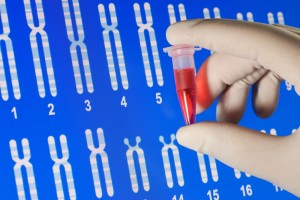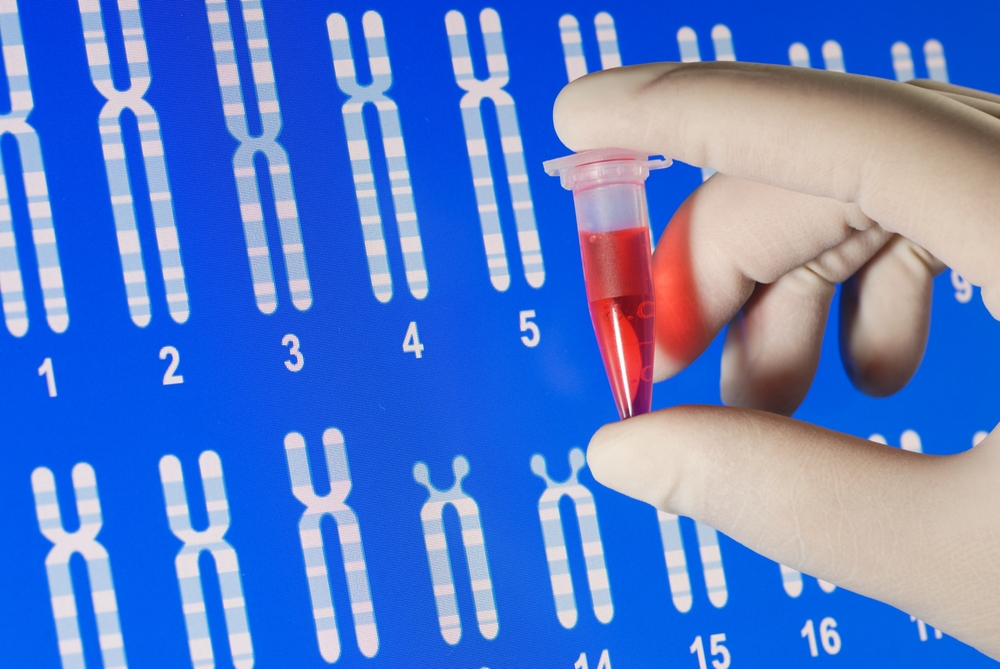 In a recent study titled “Increased prevalence of lung, breast, and pancreatic cancers in addition to melanoma risk in families bearing the cyclin-dependent kinase inhibitor 2A mutation: Implications for genetic counseling”, published in The Journal of the American Academy of Dermatology (JAAD), researchers have discovered that, in addition to melanoma, families carrying CDKN2A germline mutations are more likely to develop other types of cancer.
In a recent study titled “Increased prevalence of lung, breast, and pancreatic cancers in addition to melanoma risk in families bearing the cyclin-dependent kinase inhibitor 2A mutation: Implications for genetic counseling”, published in The Journal of the American Academy of Dermatology (JAAD), researchers have discovered that, in addition to melanoma, families carrying CDKN2A germline mutations are more likely to develop other types of cancer.
CDKN2A has been identified as the melanoma susceptibility gene, and its locus contains overlapping reading frames that code for two proteins that play key roles in cell cycle control.
Germline mutations in the CDKN2A gene have been associated with melanoma incidence in families with multiple cases of the disease. Previous studies of multiple-case families have shown that the lifetime risk of melanoma in CDKN2A mutation carriers is extremely high, from 58% in Europe to 91% in Australia by the time a person reaches 80 years of age.
The team of Spanish researchers, led by Dr. Susana Puig, Hospital Clinic of Barcelona, designed a cross-sectional study to analyze the outcomes of carrying the CDKN2A mutation in 702 Spanish patients considered to be at high risk of developing melanoma.
The team found that patients who suffered from sporadic multiple primary melanoma had an 8.5% frequency of CDKN2A mutations, while those diagnosed with familial melanoma had an increased frequency of 14.1%.
Importantly, it was found that being a carrier of CDKN2A mutations had a direct link with the number of cancer cases found in a patients family, the amount of primary melanomas and the age of onset of this malignancy.
Patients who had two and four melanomas, had a mutation incidence of 12.6% and 48%, respectively.
Furthermore, if a patient developed melanoma and was positive for a CDKN2A mutation, researchers observed a correlation with a lower age of onset.
By adjusting their analysis according to cancer type, Dr. Puig and colleagues found that relatives of patients who had melanoma and were positive for CDKN2A mutations had an increased incidence of pancreatic, lung and breast cancer, but not nephrourologic or colon cancers.
The authors state that in the future, these results ”should be included in genetic counseling and cancer prevention programs for CDKN2A mutation carriers”.


